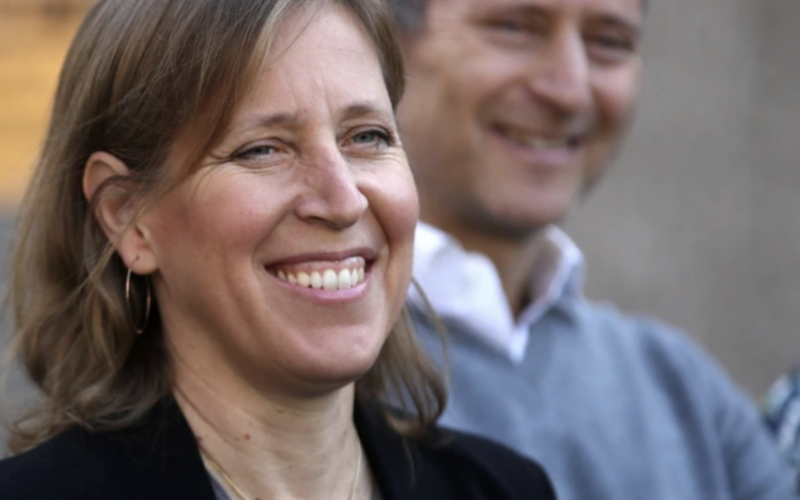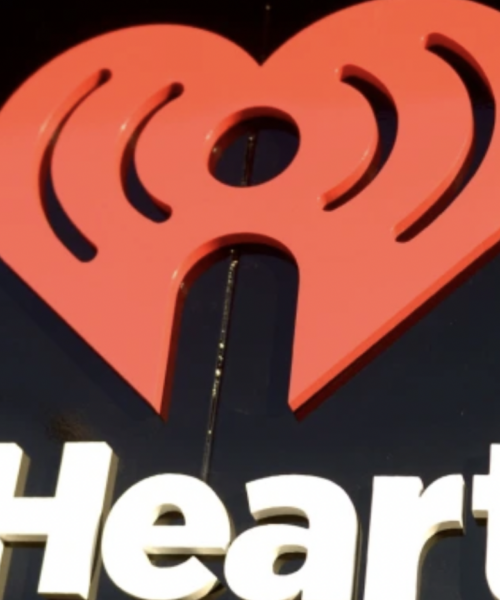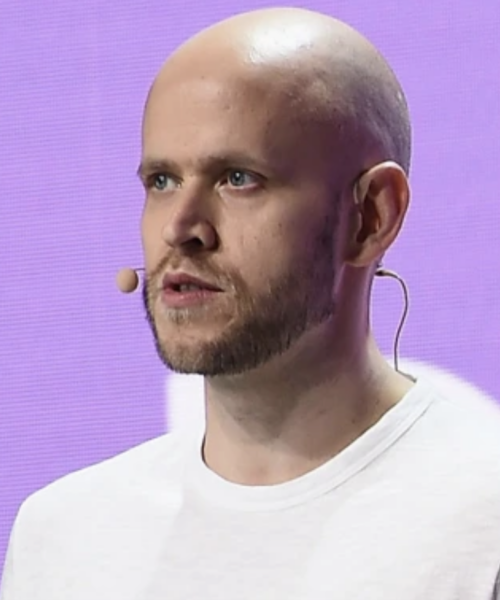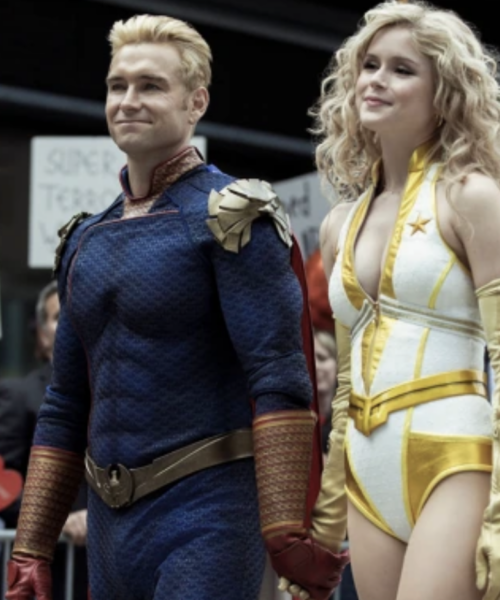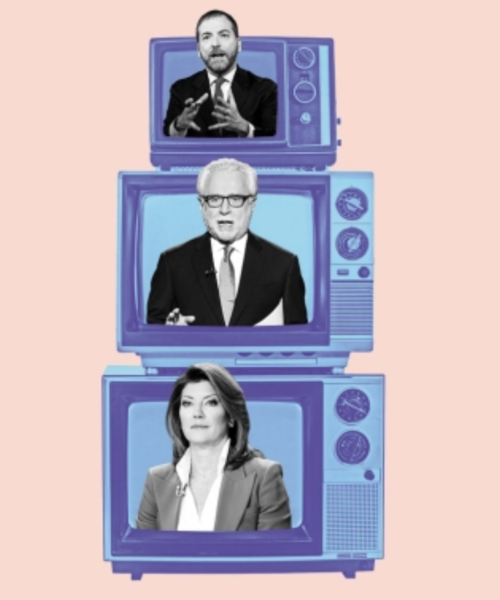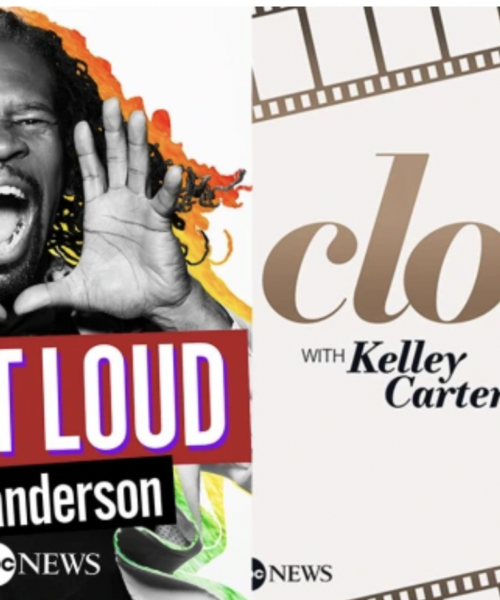BY J. CLARA CHAN | HollywoodReporter.Com
Troy Warren for CNT #Digital
In an open letter addressing YouTube’s 2022 goals, Susan Wojcicki also notes the platform will increase its focus on podcasting.
YouTube saw a 40 percent year-over-year increase in channels making more than $10,000 a year, according to YouTube CEO Susan Wojcicki, as the platform promotes new efforts to allow creators to monetize their work.
The latest figures were shared in an open letter on Tuesday from Wojcicki, though the executive did not disclose the exact number of channels making that yearly income in 2020 vs. 2021 to account for the 40 percent increase. (A spokesperson for YouTube did not immediately return a request for clarification.)
Wojcicki also highlighted YouTube’s progress with Shorts, the company’s shortform video competitor to TikTok, and said Shorts had reached 5 trillion all-time views since it began rolling out in late 2019 and 2020. Looking forward, the YouTube CEO pointed to podcasting as another area of focus for the video platform, noting that the audio medium would be an “integral part of the creator economy.”
But the open letter did not address YouTube’s recent decision to scale back Originals, the hub for premium scripted and unscripted shows that first launched in 2016. At the time, the Google-owned platform brought in veteran TV executive Susanne Daniels as YouTube’s global head of original content to commission and develop a slate of film and TV content that would expand YouTube’s younger-skewing audience and elevate YouTube in Hollywood as a place for awards-worthy shows.
Instead, roughly six years later, YouTube’s experiment with originals sputtered to a halt last week when YouTube’s chief business officer, Robert Kyncl, said then company will only be funding programs that are part of the company’s Black Voices and YouTube Kids Funds. Daniels — who oversaw early successes like Cobra Kai, which eventually sold to Netflix — will also depart in March after a bumpy ride that saw YouTube first unveil its lofty subscription streaming goals, then put its original content in front of the paywall and prioritize unscripted series over scripted in 2020, and then finally pare down its slate to only projects created through specific funds.
Though the platform will still keep its commitments to projects that are already in development, YouTube has declined to comment on the number of shows in the works before its originals productions are completely phased out. It’s also not immediately clear how or if YouTube will change its criteria for projects pitched through the Black Voices and YouTube Kids Funds, but it will certainly be a departure from the millions of dollars that were once set aside in YouTube’s budget to create buzzworthy titles that could compete in the awards circuit.



























